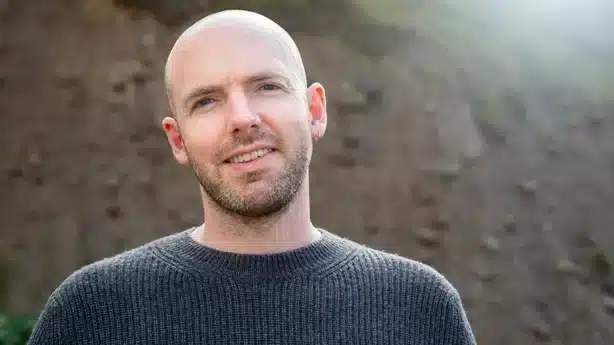London opera wins independence
mainThis looks like good news, the more so since the local authority has given Opera Holland Park £5 million ($7m) to start play. Here’s the unusually factual and coherent press release:
The critically acclaimed Opera Holland Park (OHP) is to set out on its own as an independent charitable company, with the help of a final grant from its founder, the Royal Borough of Kensington and Chelsea.
Created in 1996, OHP has risen quickly to become a renowned institution. In terms of future development however, it has reached an impasse: the Council cannot afford to increase the company’s annual grant which currently stands at £535,000, in fact that grant may eventually have to be reduced or even withdrawn remaining part of the Council restricts commercial freedom and deters potential major donors, some of whom report being put off by the risk of their funds merely resulting in a lower subsidy from the Council.
Subject to a final decision by the Royal Borough’s Cabinet in February 2015, OHP will begin operating as an independent company in 2016. The Council’s subsidy will then cease, producing an annual revenue saving to the Royal Borough of £535,000 that can be redirected into services. Instead the company will receive a final grant of up to £5 million drawn from reserves. Thereafter, it will rely solely on sales and sponsorship. The newly independent company will have charitable status in its own right but will continue to benefit from the support of the Friends of Opera Holland Park.
“The Council has lost tens of millions in government grants and austerity looks like being prolonged for years to come,” explained Cllr Tim Coleridge, Cabinet Member for the Arts. “We are making some very difficult decisions and are in no position to increase the company’s grant, indeed it is distinctly foreseeable that we would soon have to start reducing it. At the moment, our reserves remain strong and we are using them to invest heavily in new schools and new affordable homes but that does not mean we should neglect our cultural heritage. The time for OHP to strike out on its own is now, while the Council can still afford to give it a good start. 
“We are very proud that we have created this outstanding cultural institution,” added Cllr Coleridge. “We know it is much loved by our residents and by opera fans; we do not believe it would be right to just stand by and watch it wither.”
From the £5 million, the company may be able to pay £650,000 for new semi-permanent structures to replace some of the Opera’s temporary buildings. Subject to planning permission, these new structures could enable OHP to escape about £100,000 in annual erection and de-rigging costs thereby moving the company much closer to profitability. If the semi-permanent structures do not proceed, the grant would fall to £4.35 million.
One of the Council’s conditions of independence is the continuation of OHP’s popular accessibility schemes which provide thousands of cheap and even free seats for young people, the over sixties and others and also its outreach work to schools and people in residential care.
END
Note to editors
Opera Holland Park Friends has over 2500 members and contributes around £500,000 per annum to the festival as well as purchasing around £1million in tickets
Between 2010-11 and 2017-18, Council spending will fall by 28 per cent as a result of austerity.
The average season occupancy for OHP has frequently exceeded 95 per cent since 2001.
OHP’s operating budget is approximately £3 million per annum. It generates around 66 per cent of its income from ticket sales alone, one of the highest ratios in the UK opera industry. Other income is generated from the Friends, products and services, sponsorship and donations.
Over 15,000 local residents regularly attend the festival which runs between June and early August.
OHP’s current title sponsor is Investec Wealth & Investment who are contracted until the 2016 season (which will be their sixth season).
The company will occupy the theatre site under lease from the Council.
The company will be managed by Michael Volpe and James Clutton with a new board of trustees.





Comments